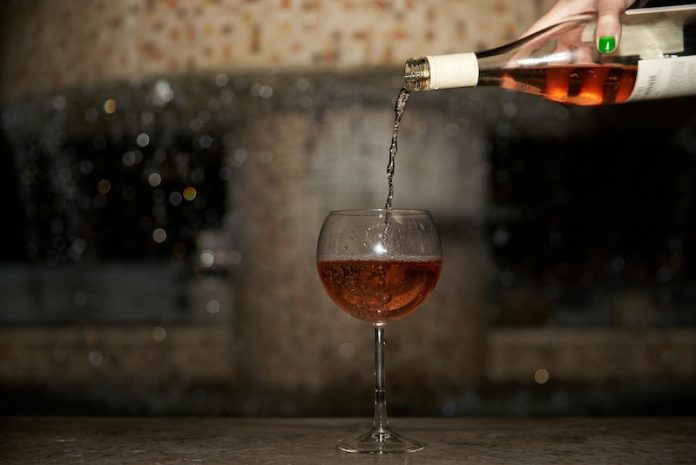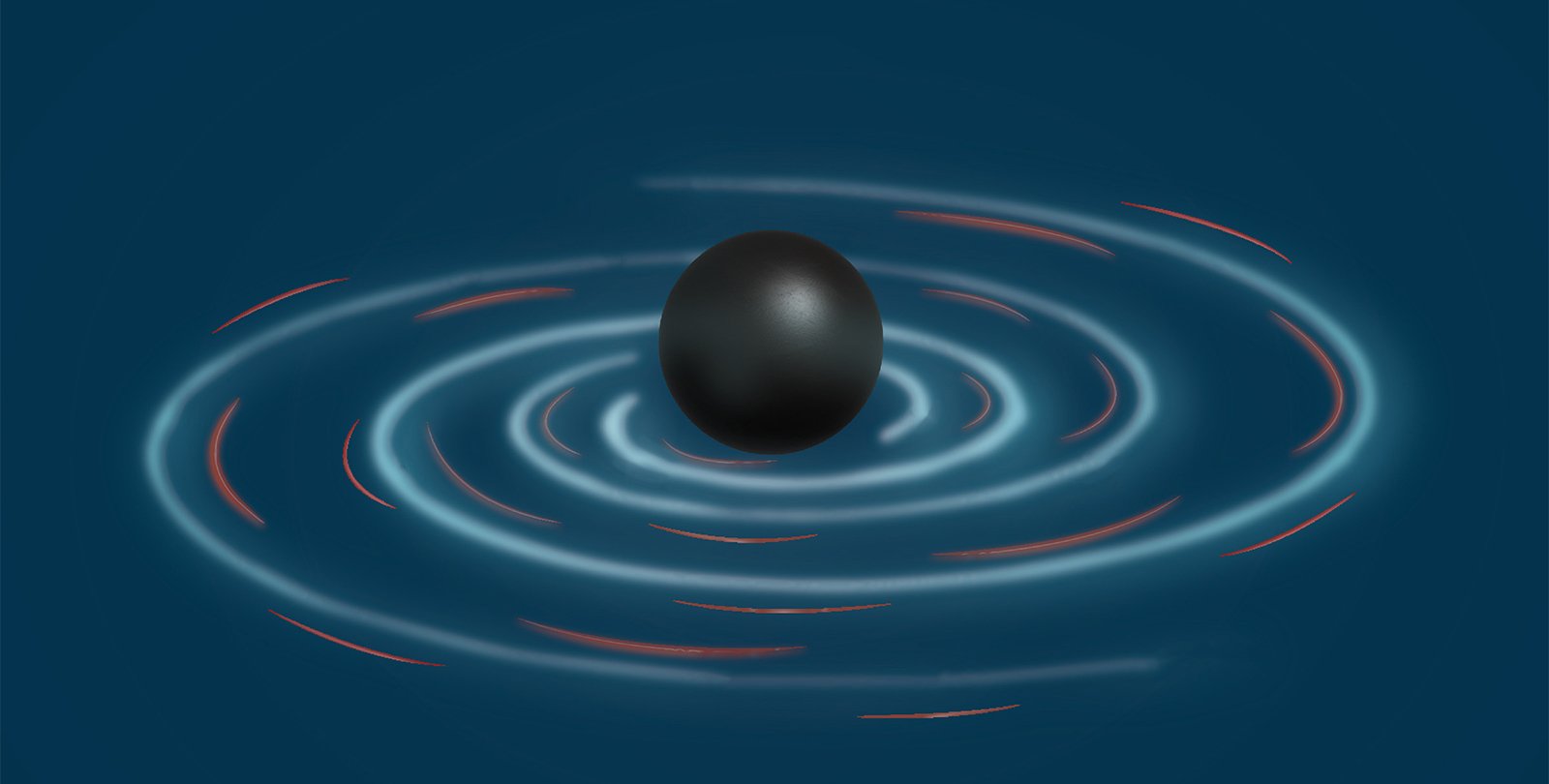
Dr. Christopher Kahler always wanted a career exploring “how people make meaning out of their lives.” He planned to teach philosophy or literature.
But when he got a job working with teens recovering from substance misuse, a different question emerged: How can people turn their lives around in a meaningful way?
“I realized there was so much I didn’t know,” Kahler said. “How do you know what each person in recovery needs? And what about people who don’t fit into a 12-step program or aren’t ready to quit drinking?”
So Kahler got a doctorate in clinical psychology and set out to learn everything about addiction.
Today, he’s a professor of behavioral and social sciences and psychiatry and human behavior and the director of the Center for Alcohol and Addiction Studies at the Brown University School of Public Health in Providence, Rhode Island.
Sales at beer, wine and liquor stores typically peak each year in December, according to data compiled by the Pew Research Center that also showed Americans, on average, have been drinking more in recent years.
It’s well known that drinking too much alcohol increases the risk for a range of health problems, including high blood pressure, stroke, breast cancer, liver disease and depression.
In 2023, the World Health Organization published a statement saying that when it comes to alcohol, there’s no safe amount that doesn’t affect your health.
With Christmas, Hanukkah, Kwanzaa and New Year’s Eve approaching, we asked Kahler what advice he gives to people trying to stay sober or not over-drink during the holiday party season.
Here’s what he had to say for “The Experts Say,” an American Heart Association News series where specialists explain how they apply what they’ve learned to their own lives. His answers have been edited.
What are the major obstacles to staying sober or drinking in moderation during the holidays?
The main challenge is there’s an extra layer of stress, with a lot of obligations and expectations from friends and family. We’re around people who maybe we’re not usually around, and in larger groups. It’s also a time of heightened emotion and, for some people, loneliness.
On top of that, alcohol use is built into a lot of our winter holiday traditions. It’s often marketed as part of the “good life.” We’re expected to have alcohol when we celebrate.
Are there triggers that might cause people to drink more than usual?
You’ll often hear the term “HALT” in regulating our behaviors. (The acronym is a mindfulness tool to identify and address emotional triggers.) Be careful of getting too hungry, angry, lonely or tired. Any of those things can make you crave alcohol that you otherwise wouldn’t.
Managing that can be hard during the holidays, when we’re often going to bed, waking up and eating at different times than normal.
What are some good strategies for people trying to stay sober or not over-drink during the holidays?
There are several ways:
Set an intention. Whatever your goal is, the most important part is to make a plan and really think it through. What have holiday seasons and alcohol looked like for you in the past? What feelings are likely to come up? If you drink alcohol, how much is too much for you?
If you’ve quit drinking, the intentions are really clear: Be grateful for the benefits that sobriety has had for you, and take stock of the importance of maintaining that through the holiday season.
If you’re trying to stay sober, plan ahead. If you’ve been involved in a recovery program like Alcoholics Anonymous and you’ll be away from home, find out about in-person meetings in the area or options for virtual meetings.
Make sure you have the number of a sponsor you can call over the holidays.
Memorize your response. It’s important to know what you’re going to say about your alcohol use. If someone asks if they can get you a drink, good responses could be: “A glass of water would be great” or “Do you have any non-alcoholic cider?”
You don’t have to explain yourself. Just ask for what you do want, because saying no to someone can be difficult.
Mix it up and slow it down. If you want to limit the number of drinks you have, alternate between an alcoholic and a non-alcoholic drink. It will slow down how much alcohol you drink and give your body a chance to feel its effects and know how much it’s affecting you.
A general rule of thumb is anything more than one drink in two hours is going to lead to increasing levels of intoxication.
Seek help. One symptom of an alcohol use disorder is making repeated efforts to either cut down or avoid drinking and not being able to do it. At that point, you should talk to your primary care physician or go to a self-help or mutual-help program.
The Alcohol Treatment Navigator from the National Institute on Alcohol Abuse and Alcoholism can help identify options available in your area.
What is your own personal history with alcohol?
Alcohol was part of my family life growing up. Like the vast majority of people, I had family and friends who were impacted by alcohol problems. So the commitment to helping people is personal for me.
I do drink. There were a number of years when I did not drink simply because I was working on research with people who were not drinking and it felt like the most comfortable thing to do.
It also helped me reevaluate my relationship with alcohol. When I do drink, I drink very consciously, thinking about what effects I’m trying to get, what the risks are, and how I minimize those.
What other advice do you have about alcohol use and misuse?
It’s important to avoid stigmatizing alcohol use and addiction and blaming people for having a problem. We don’t stigmatize people for having a heart attack, which is something I had when I was 49.
One thing I learned going through cardiac rehabilitation was that being willing to accept help from others is not always easy. It’s not what we’re used to.
But getting help from other people is a natural and wonderfully human thing, whether it’s help with an alcohol problem or heart disease. Accepting what’s happened and accepting help from others are vital steps in living a healthy life.
If you care about alcoholism, please read studies that your age may decide whether alcohol is good or bad for you, and people over 40 need to prevent dangerous alcohol/drug interactions.
For more information about alcohol, please see recent studies about moderate alcohol drinking linked to high blood pressure, and results showing this drug combo shows promise for treating alcoholism.
Copyright © 2024 Knowridge Science Report. All rights reserved.








Leave a Comment